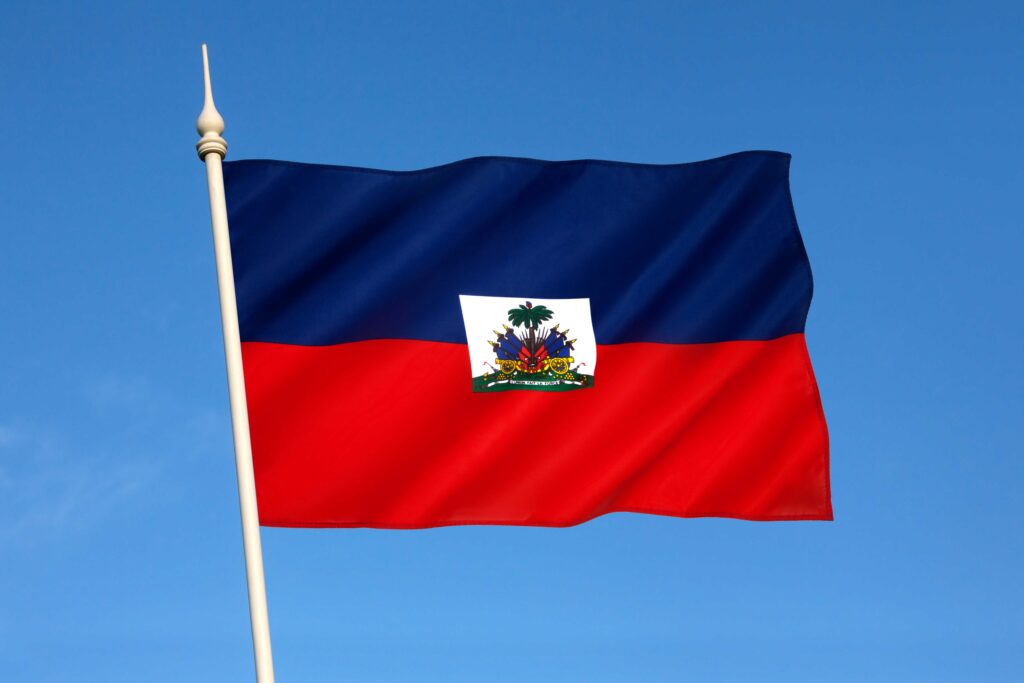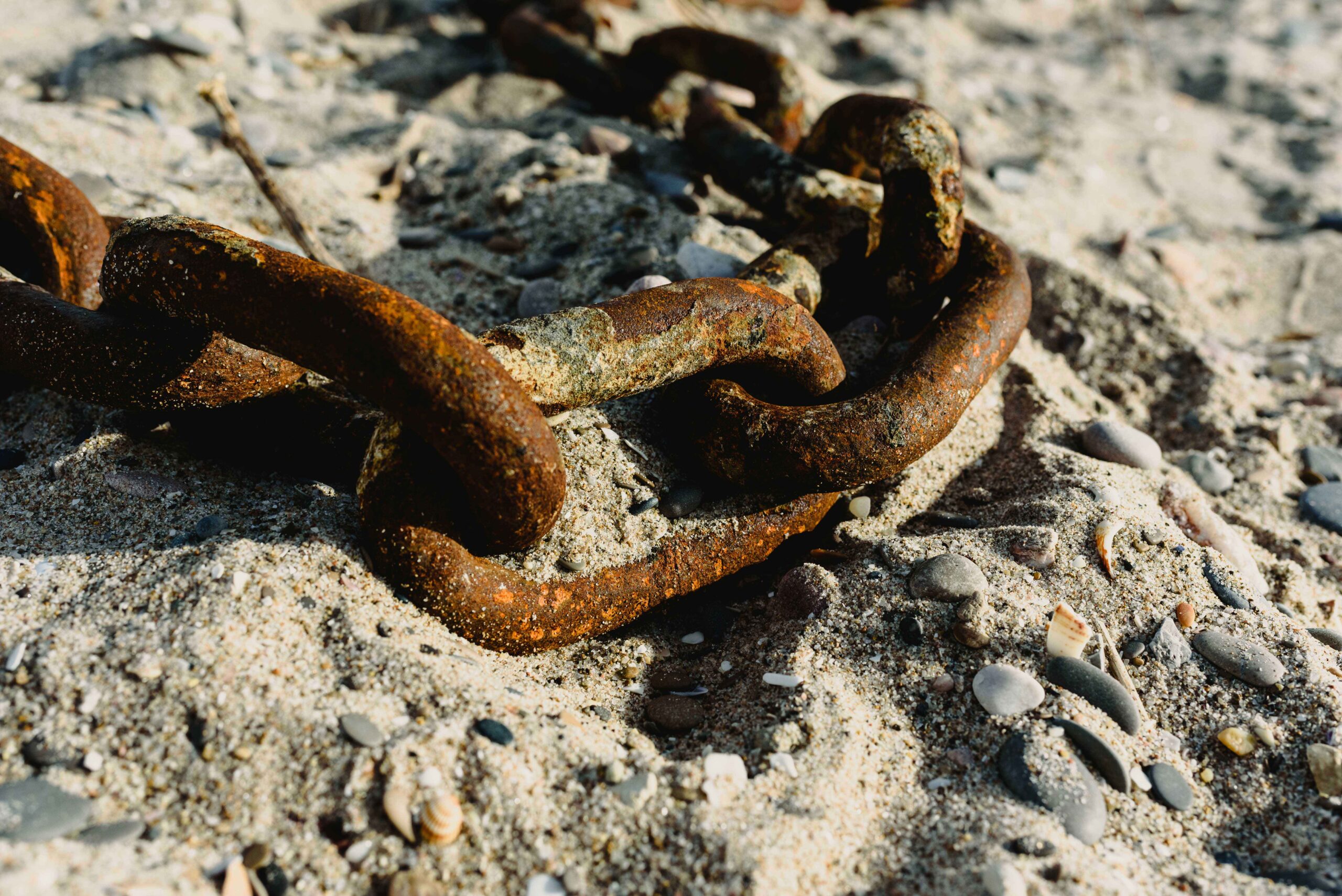Haiti’s Independence Day: A Celebration of History, Culture, and Solidarity
The Haitian Revolution was a major event that took place between 1791 and 1804, it was a series of conflicts involving Haitian slaves, colonists, the armies of the British and French colonizers, and other parties, culminating in the victory of the rebels and establishing a before and after for all blacks around the world.
Haiti’s Independence Day is not only a national holiday but also a symbol of the power of the human spirit to overcome adversity and injustice. It is a testament to the courage and resilience of the Haitian people, who fought against the brutal system of slavery and colonialism that exploited them for generations.
Haiti’s Independence Day is also a reminder of the global significance of the Haitian Revolution, the first and only successful slave revolt in history that led to the creation of an independent state. The Haitian Revolution challenged the dominant ideologies of racialized capitalism and white supremacy and inspired other emancipation movements across the Americas and beyond.
In this blog post, we will explore the history of Haiti’s Independence Day, the importance of celebrating it, and how we can honor the legacy of the Haitian people who sacrificed their lives for freedom.

The history of Haiti's multicultural formation
Located in the Caribbean Sea, Hispaniola (in Haitian Creole, La española in Spanish) is the second largest island of the Greater Antilles archipelago Antilles Island, currently home to two sovereign states: Haiti (37% of the surface area) and the Dominican Republic (63% of the surface area).
This Antillan Island was the first Spanish territory in the New World conquered by Cristopher Columbus on his first trip in 1942. Over time French conquerors also began to arrive, who divided the island after negotiations with Spain. As a result, the French part was called Saint-Domingue.
Since its foundation, this land was considered an important place for economic activities, such as agricultural work mainly focused on sugar cane, coffee, cocoa and indigo, as well as mining activities.
Initially, all the hard work that maintaining such large plantations and mining activities implies, fell on the island’s native population: the Taino and Ciboney people, who had been enslaved by the conquerors. However, the terrible living conditions, diseases and uncontrolled exploitation led to a serious decline in the population of the original natives.
That’s why a few years after, began an introduction of people captured in Africa by pirates and other criminals, who saw in the traffic of people a new and juicy business. These African people and their descendants in these new lands, faced the same inhumane living conditions as the natives: fierce slavery, exploitation, injustice and cruel treatment. Conditions that became the main germ of the feeling of rebellion and desire for freedom as time went by.
Then, after years of enduring the aforementioned conditions and together with the news of the French Revolution and emancipation of the American colonies from the crown of England, they became the main triggers of the imminent and longed-for rebellion.

The Rebellion and Haitian Revolution
On August 22, 1791, the slave revolt began and would involve blacks, mestizos, French, Spanish, British and Polesin in a process that would last more than 10 years of bloody battles, with the former slave Toussaint Louverture the most prominent general in the process.
Nevertheless, the Haitian Revolution faced many challenges and enemies, such as the French, the Spanish, the British, the Americans, and the internal divisions among the rebels themselves. The revolution was a complex and violent struggle, involving battles, massacres, alliances, betrayals, negotiations, and diplomacy. Therefore, the rebels had to overcome not only the military might of the colonial forces but also the ideological and racial barriers that denied them their humanity and dignity.
On January 1, 1804, after a thirteen-long years process of struggles and battles, the end of the Haitian Revolution arrived, and the long-awaited independence was proclaimed in the port city of Gonaïves by Jean-Jacques Dessalines.
What used to be called Saint-Domingue was renamed after the indigenous name of the island Haiti (Ayiti in Taino) which means “land of mountains”. He also abolished slavery and declared that all Haitians, regardless of their color, were citizens and equals. He also drafted a constitution that reflected the principles of the revolution and adopted a flag that symbolized the unity and identity of the nation.
This way, Haiti became the first Latin American and Caribbean country to break its chains from Europe, the second free nation of the American continent and, since at that time most of the rebellion leaders were of African ancestry, the first and only independent Black nation in the Western Hemisphere.

The Importance of Haiti’s Independence Day
Haiti’s Independence Day is important for many reasons, both for Haiti and for the world as it celebrates the triumph of freedom over slavery and the dignity of human beings over the oppression of others.
It honors the memory and the legacy of the Haitian people who fought for their liberation, and who paid a high price for their victory. It also acknowledges the suffering and resilience of the Haitian people who have faced many hardships and challenges since their independence, such as political instability, foreign intervention, economic exploitation, social inequality, natural disasters, and humanitarian crises.
Haiti’s Independence Day also celebrates the contribution of Haiti to the history and culture of the world. It has been a source of inspiration and influence for many movements and leaders who fought for justice and equality, such as Simon Bolivar, Frederick Douglass, Marcus Garvey, Martin Luther King Jr. and Nelson Mandela. Additionally, Haiti has also enriched the world with its unique and vibrant culture, which reflects its African, European, indigenous, and American roots.
Overall, the Haitian Revolution and the subsequent declaration of independence marked a significant milestone in world history. It was a testament and a symbol of the resilience and determination of the Haitian people, who fought and won against colonial rule and slavery to establish their independent nation.
